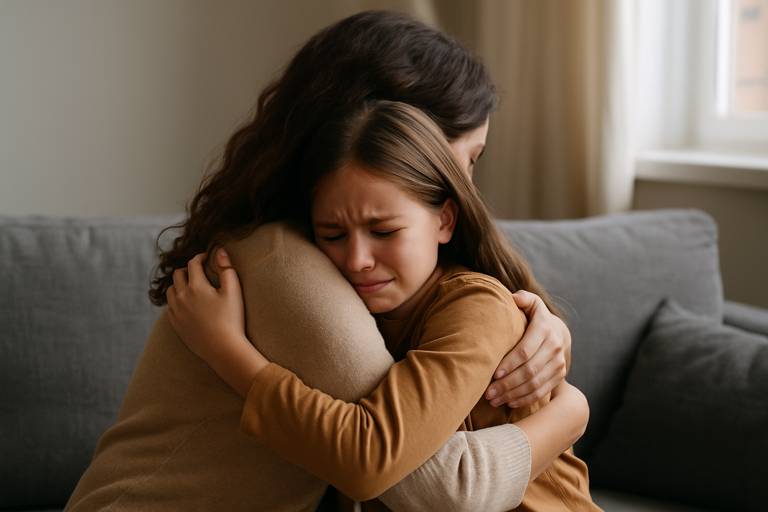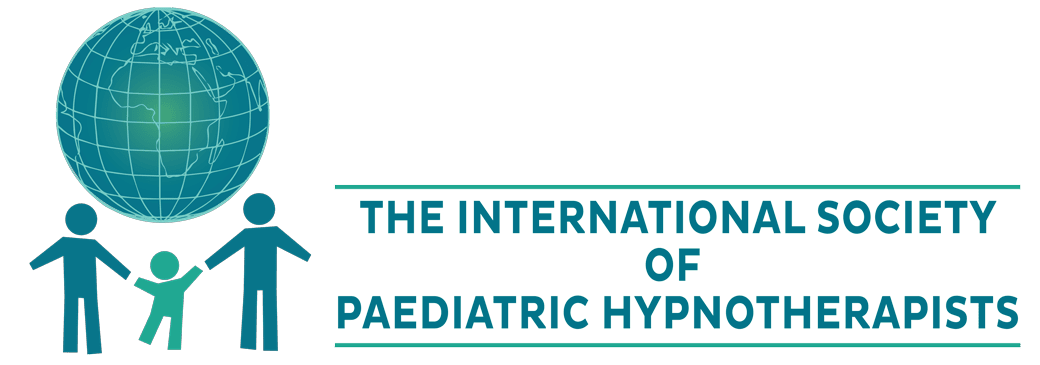Grief and loss are difficult for anyone to process, but when it comes to grief in children, the experience can be especially confusing and overwhelming.
Whether they have lost a loved one, experienced divorce, or faced a big change in their family, children often lack the words or emotional tools to make sense of what they are feeling.
With the right support, they can begin to understand their emotions and find calm and comfort in the midst of change.

Understanding Grief and Family Change in Children
Children do not always grieve in the same way adults do. Some may cry or become quiet, while others act as if nothing has happened. It is common for children to jump between sadness and playfulness, or to ask practical questions without appearing emotional. This does not mean they are not affected. Instead, it reflects how their minds are trying to process loss in stages.
Grief can also show up in less obvious ways. A child might become more clingy, have trouble sleeping, experience mood swings, or struggle with concentration at school. If they feel unsure about what has happened or how to talk about it, they may internalise their feelings and feel isolated.
Paul White, founder of TISPH, explains, “Children often carry their grief quietly. They need space and reassurance to know their feelings are valid, even if they don’t know how to express them.”
Why Grief Can Affect Children Deeply
Loss can shake a child’s sense of safety and predictability. Even when explained gently, the death of a grandparent, parent, or pet, or a major change in the family, can leave a child feeling uncertain, confused, or even guilty. They may worry about the future or blame themselves for things they do not understand.
Because children live in their imagination, they may create stories or beliefs that deepen their sadness or fear. But this same imagination also gives them a powerful way to process and heal.
How Hypnotherapy Can Help with Grief in Children
Hypnotherapy provides a gentle and creative way to support a grieving child. It helps them feel safe enough to explore their feelings, even if they cannot explain them in words. Through storytelling, guided imagery, and metaphor, the therapist helps the child access their emotions in a way that feels safe and manageable.
Children might be guided to imagine a memory garden where they can remember someone they love, or a special animal that helps them carry heavy feelings. These imaginative techniques allow children to process loss at their own pace and in their own way.
Because children respond so well to visual and creative approaches, they often begin to feel relief within just a few sessions. Hypnotherapy offers an emotionally safe space where they can let go of worry and rebuild their sense of calm and connection.
A Story of Success
A six-year-old boy was struggling after the sudden loss of his grandfather. He had stopped talking about him, became withdrawn at school, and started having nightmares. His parents were concerned but did not know how to help him open up.
During hypnotherapy, the boy was encouraged to create a magical garden where he could visit his grandad in his imagination. He was able to talk, draw, and tell stories there, and it became a space of comfort. His nightmares faded, and he began sharing happy memories with his family again.
What to Expect from Hypnotherapy
Hypnotherapy for grief in children is gentle, child-centred, and sensitive. The therapist follows the child’s pace and uses creative methods like storytelling, drawing, visualisation, and calming exercises.
- Many children feel calmer and more emotionally settled after just a few sessions
- Parents are guided on how to support grief and emotional resilience at home
Sessions are never about forcing a child to talk but giving them space to heal in a way that feels natural and safe.
Why Choose a TISPH-Qualified Therapist?
TISPH therapists are trained in child development, paediatric hypnotherapy, and emotional support. They understand how to work sensitively with grief, change, and emotional healing in children.
If you’re seeking gentle, creative, and effective support for grief in children, a TISPH therapist can help.
You can find a qualified therapist using our Find a Hypnotherapist page.
Common Questions
Is hypnotherapy appropriate when my child won’t talk about the person they lost?
Yes. Hypnotherapy works even if a child does not want to talk directly. It offers other ways to process emotions through stories and visualisation.
How soon after a loss should we seek support for grief in children?
Every child is different. Some benefit from support soon after a loss, while others may need time. If your child seems overwhelmed, withdrawn, or is struggling with everyday life, it may be time to explore therapeutic help.
